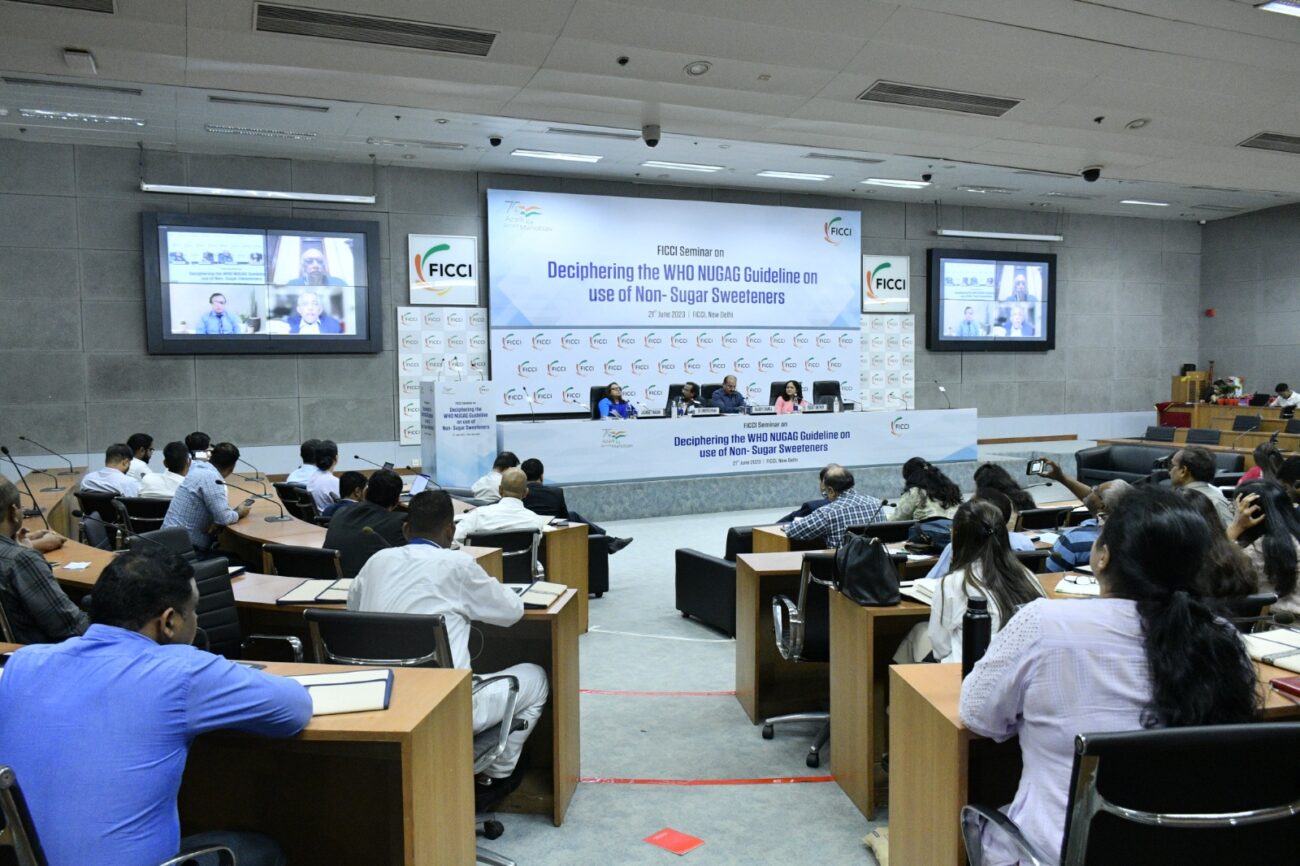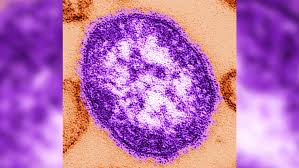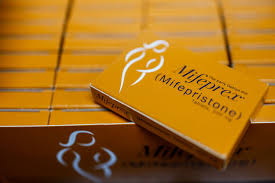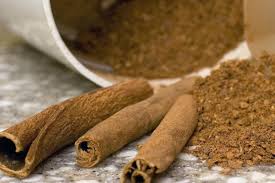Non-Sugar Sweeteners in the Limelight: FICCI Seminar Dispels Myths and Uncovers the Health Advantages of Low-Calorie Sweeteners
FICCI today organised a seminar on Deciphering the WHO NUGAG guidelines on the Use of Non-Sugar Sweeteners (NSS). The seminar provided an overview of the latest scientific evidence and recommendations on NSS from the World

FICCI today organised a seminar on Deciphering the WHO NUGAG guidelines on the Use of Non-Sugar Sweeteners (NSS). The seminar provided an overview of the latest scientific evidence and recommendations on NSS from the World Health Organization (WHO) and leading Indian experts. FICCI acknowledged the pressing need for action and emphasised the importance of adopting measures that promote ‘Smart choices, smart benefits and a smart future’.
As per the recent study conducted by the Indian Council of Medical Research–India Diabetes (ICMR-INDIAB), confirming that India is home to 101 million diabetics, making India a diabetic nation today.
Prominent experts from medical, nutritional, and scientific fields, including Dr. V. Mohan Padma Shri Awardee, Dr. B. Sesikeran, Dr. Mangesh Tiwaskar, Dr. Rajeev Chawla, Dr. Jagmeet Madan, and Dr. Pulkit Mathur, actively participated in the seminar, sharing their perspectives, and enriching the discussions. Ms Jyoti Vij, Additional Director General, FICCI, and Mr Tarun Arora, President of FICCI Centre for Nutrition Excellence, expressed their opinions regarding the reasoning behind these guidelines. The focal point of the discussion emphasised the crucial role that low/no-calorie sweeteners play in decreasing sugar and calorie consumption, assisting in weight management, and enabling product reformulation in accordance with public health recommendations.
During the event, renowned speakers mentioned the following:
Mr Tarun Arora, President FICCI Centre for Nutrition Excellence, said, “The WHO guidelines say substantive discussions are required, and country-specific policy is required. The discussion among the experts in India clearly indicates that the status quo on sweeteners is to be maintained, and long-term studies in the country are required.”
Dr V Mohan, Chairman and Chief of Diabetology – Dr. Mohan’s Diabetes Specialities Centre, Chennai, said, “It is recommended to reduce the carbohydrate – sugar intake. Substituting added sugar in tea/ coffee with one to two tablets is just fine. What is not ok is excess consumption of products just because it doesn’t have sugar. We have just completed a study on replacing added sugar in daily tea/ coffee/ milk with sweeteners to understand its effect on health, and we are presenting the results in ADA. This is one of the largest randomised clinical studies on sweeteners done so far in India.”
Former Director National Institute of Nutrition, ICMR -Hyderabad Dr B Sesikeran, emphasized that the risk of consuming sugar is much higher than the minimal risk associated with sweeteners, with limited data from India. He advocated for further research and data generation to manage risks effectively.
Esteemed authority Dr Rajeev Chawla, Senior Diabetologist and Director, North Delhi Diabetes Centre, New Delhi, Past President, RSSDI said “The alarming rise in type-II diabetes and the staggering number of individuals with pre-diabetes necessitates urgent action and awareness. There is a need to advocate for the use of non-nutritive sweeteners, approved by global regulatory bodies, to provide sweetness without compromising the management of diabetes.”
Dr Jagmeet Madan, a distinguished figure serving as the Principal, Professor, Director (Research and Consultancy), Sir Vithal Das Thackersey College of Home Science (Autonomous), SNDTWU, Mumbai, National President, Indian Dietetic Association, said, “Prediabetes, Insulin resistance is striking sub-clinically across young adults today both in overweight and lean obese. It is evident that the key determinants are total empty calories and the quality of food in the diet. Priming the taste buds to get acquainted with less sweet tastes right from childhood is crucial. While following a healthy diet, these sugar swaps with sweeteners can be a stepping stone which can help in reducing the added sugar intake.”
Dr. Mangesh Tiwaskar, a highly regarded Consultant Physician and Diabetologist at Shilpa Medical Research Centre, Mumbai said, “sweeteners can promote diet healthfulness by increasing the palatability of nutrient foods and beverages. He further stated that NNS consumption may be a marker for other positive health behaviours and lifestyles. As far as the BMI is concerned, all the non-nutritional sweeteners are either weight neutral or sometimes help you to sustain lost weight. Evidence reveals that the use of NNS influences the microbial composition of the oral mucosa,” he added. “Numerous human studies and clinical reviews have unanimously concluded that low-calorie sweeteners (LCS) have no impact on appetite, hunger, or the desire for sweetness. It is now well-established that LCS consumption does not affect the normal physiological mechanisms related to hunger and appetite, as affirmed by scientific research,” he stated.
Dr Pulkit Mathur, an esteemed professor and the head of the Department of Food and Nutrition and Food Technology at Lady Irwin College, University of Delhi, emphasised the need for more data to understand the consumption of NNS and their effect on health. These studies need to have a well-defined study design, with a larger sample size, more homogenous samples, and monitoring the overall diet esp. mapping the total energy intake. The portion size intake is very crucial to manage the issues of overweight/ obesity today.






